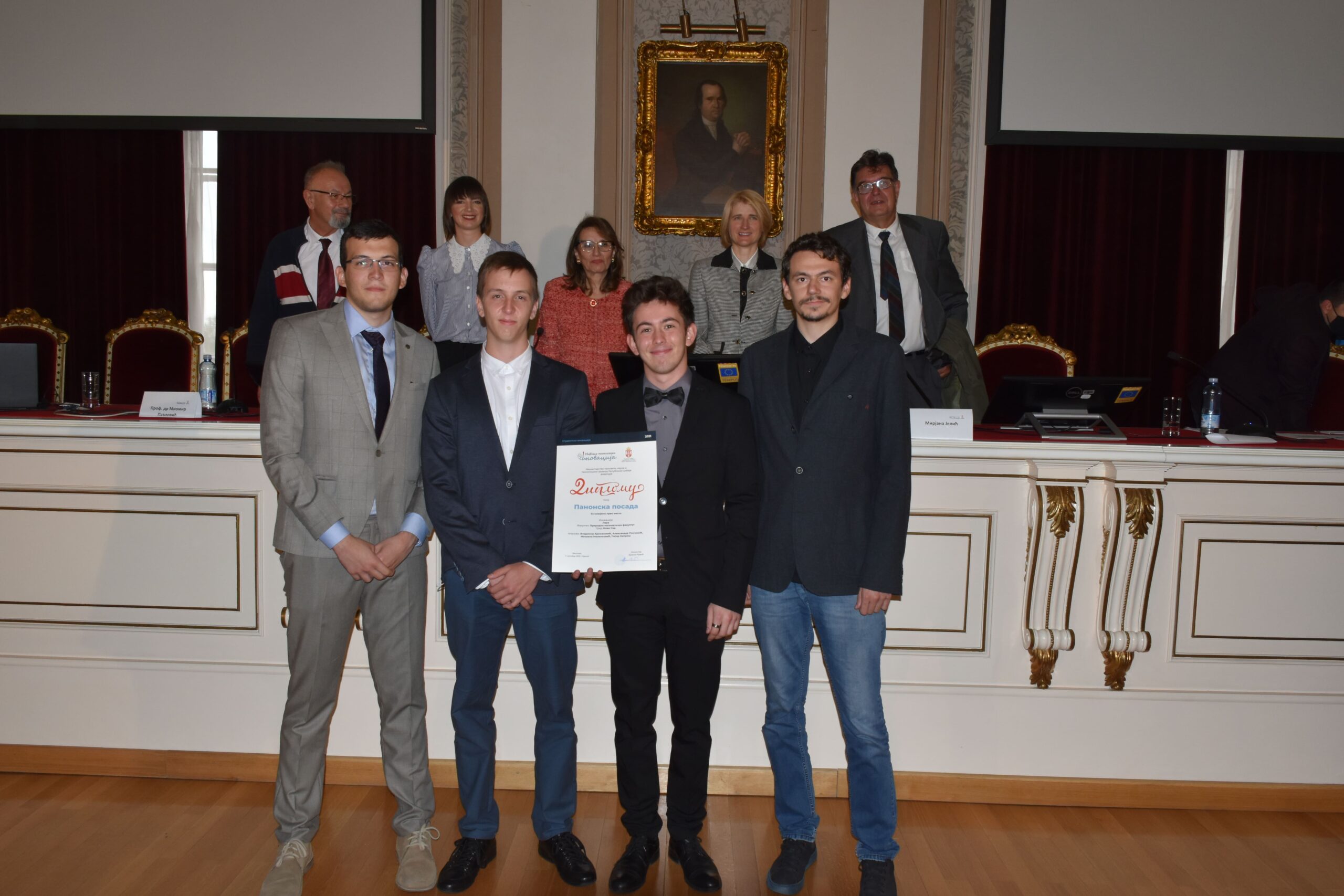The first info day related to the realization of the TOURCOMSERBIA project was held on April 12, at the Museum of Vojvodina in Novi Sad.
In addition to members of the project team, the event was attended by members of institutions from the tourism sector as key stakeholders in the development of tourism in Serbia, from whom the project received support. During the Info Day, the leaders presented the goals of the project, pointing out the uniqueness and innovation of the project for the improvement of tourism as a growing economic activity of our country. In addition, the participants of the event had the opportunity to get acquainted in more detail with the planned activities that members of the project team will carry out in order to achieve continuous measurement and monitoring of the overall competitiveness of tourism in Serbia.
After the official part, a tour of the exhibition “Where migration ends – from Roman Pannonia to today’s Vojvodina” was organized, which in an innovative way shows the synergy of science, culture and various forms of contemporary art.
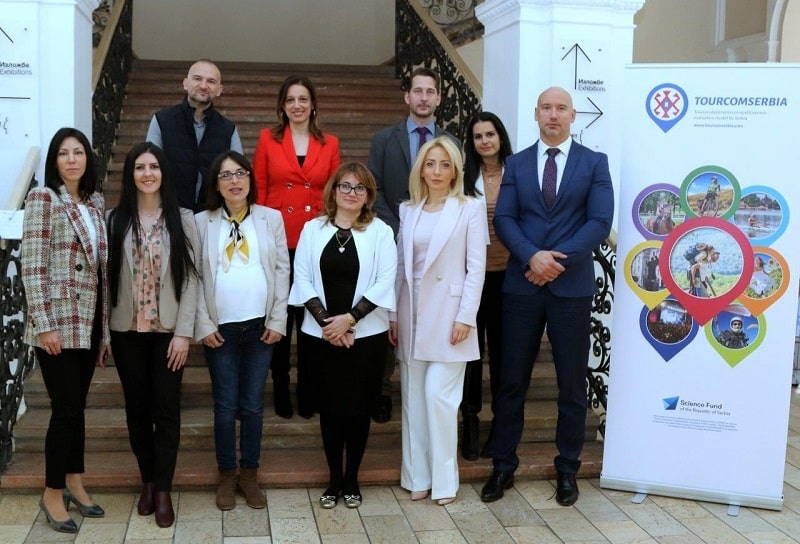

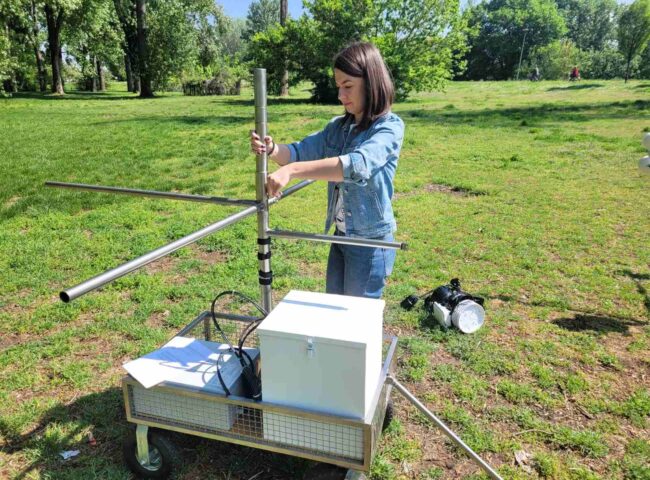
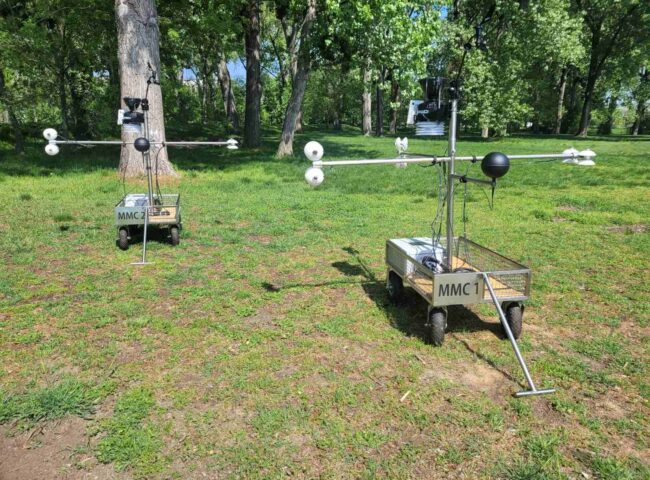
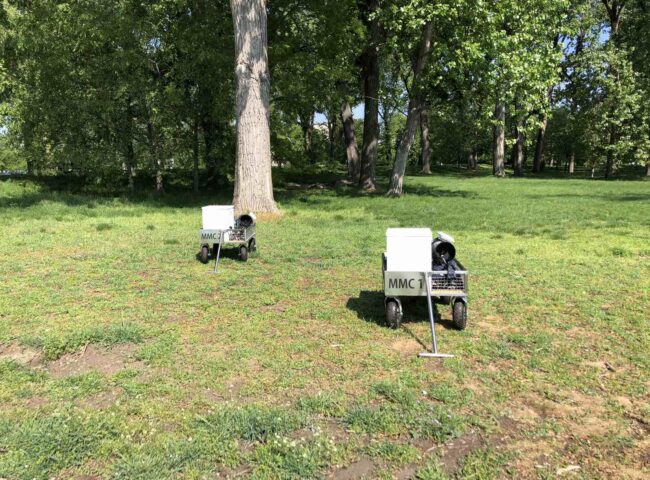
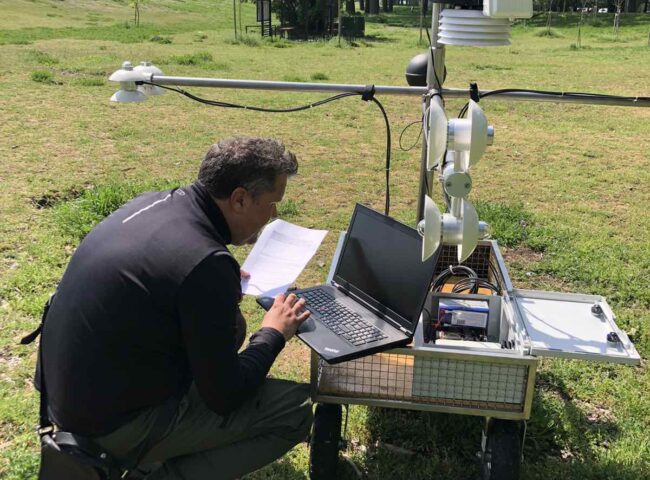
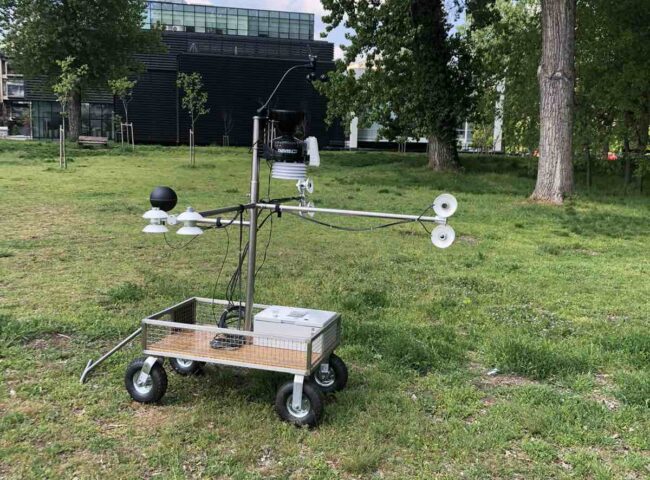
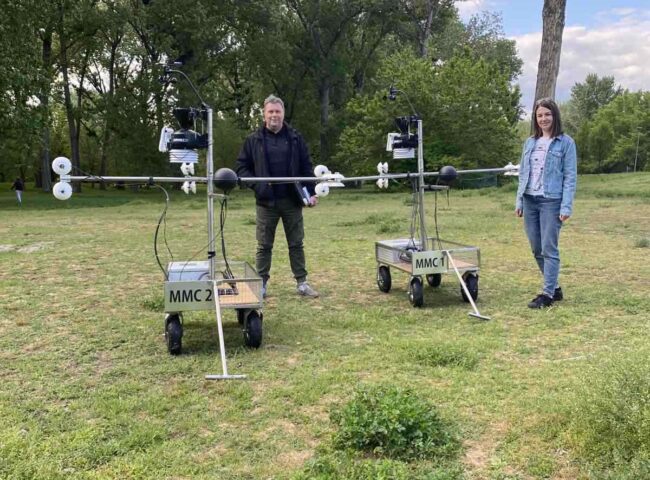
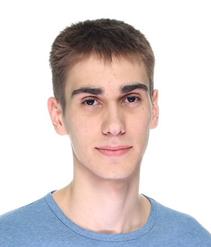
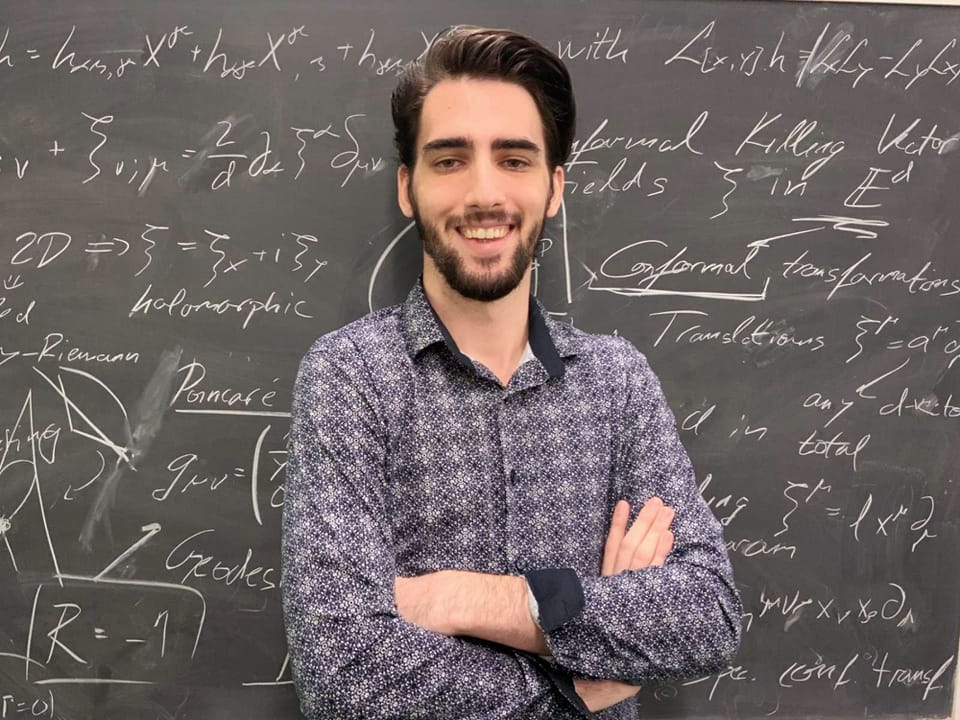 The Winner of the Best Student Award of the University of Novi Sad in the academic year 2020/2021 is Trivko Kukolj, who with a total average grade of 10.00 completed his primary academic studies in Physics Research in only three years, at the Faculty of Sciences, University of Novi Sad. At the same time, he actively participated in scientific research work in the country and abroad, and thus began to build strong ties in the world of physics at the age of only 20. He was admitted to further education at three prestigious universities at the same time: Cambridge, Oxford and Weizmann in Israel. He chose Israel and is already attending master’s studies there and continuing his journey through science, rushing towards new knowledge and achievements.
The Winner of the Best Student Award of the University of Novi Sad in the academic year 2020/2021 is Trivko Kukolj, who with a total average grade of 10.00 completed his primary academic studies in Physics Research in only three years, at the Faculty of Sciences, University of Novi Sad. At the same time, he actively participated in scientific research work in the country and abroad, and thus began to build strong ties in the world of physics at the age of only 20. He was admitted to further education at three prestigious universities at the same time: Cambridge, Oxford and Weizmann in Israel. He chose Israel and is already attending master’s studies there and continuing his journey through science, rushing towards new knowledge and achievements.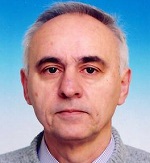 The Senate of the University of Novi Sad, at its session held on December 23, 2021, elected Prof. Dr.
The Senate of the University of Novi Sad, at its session held on December 23, 2021, elected Prof. Dr. 